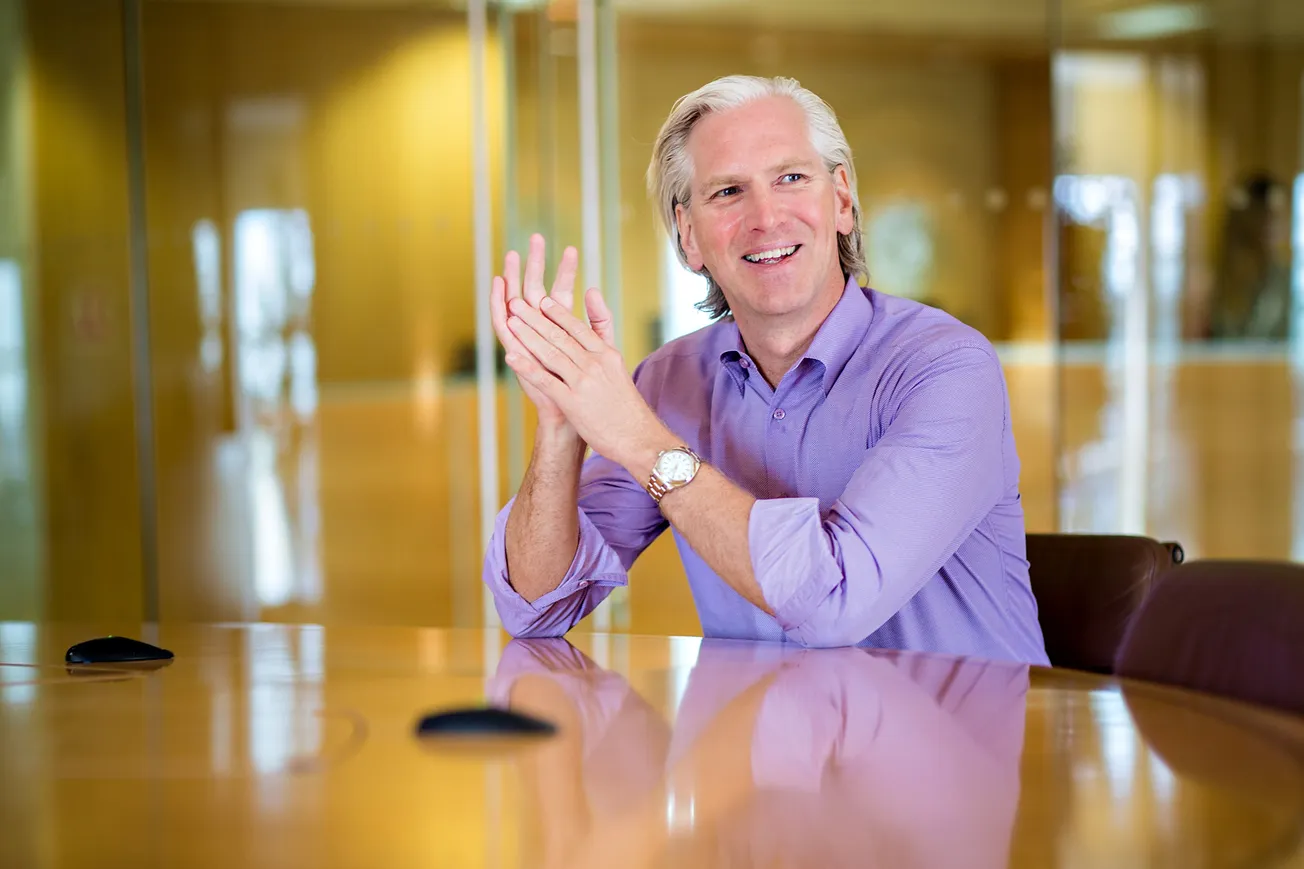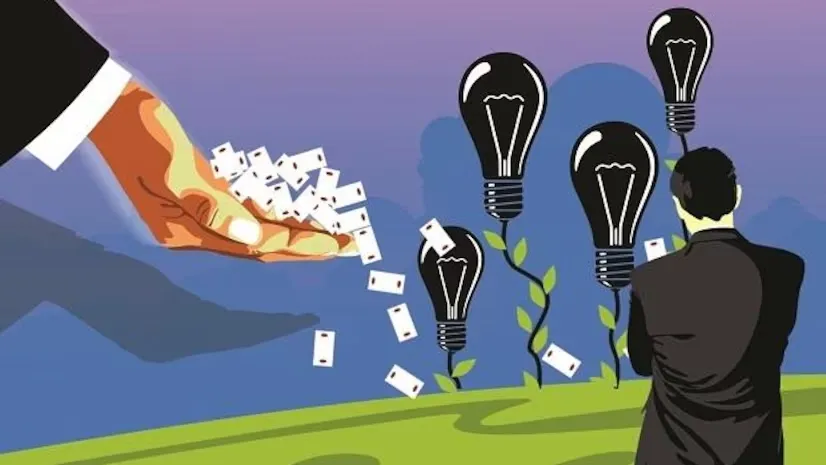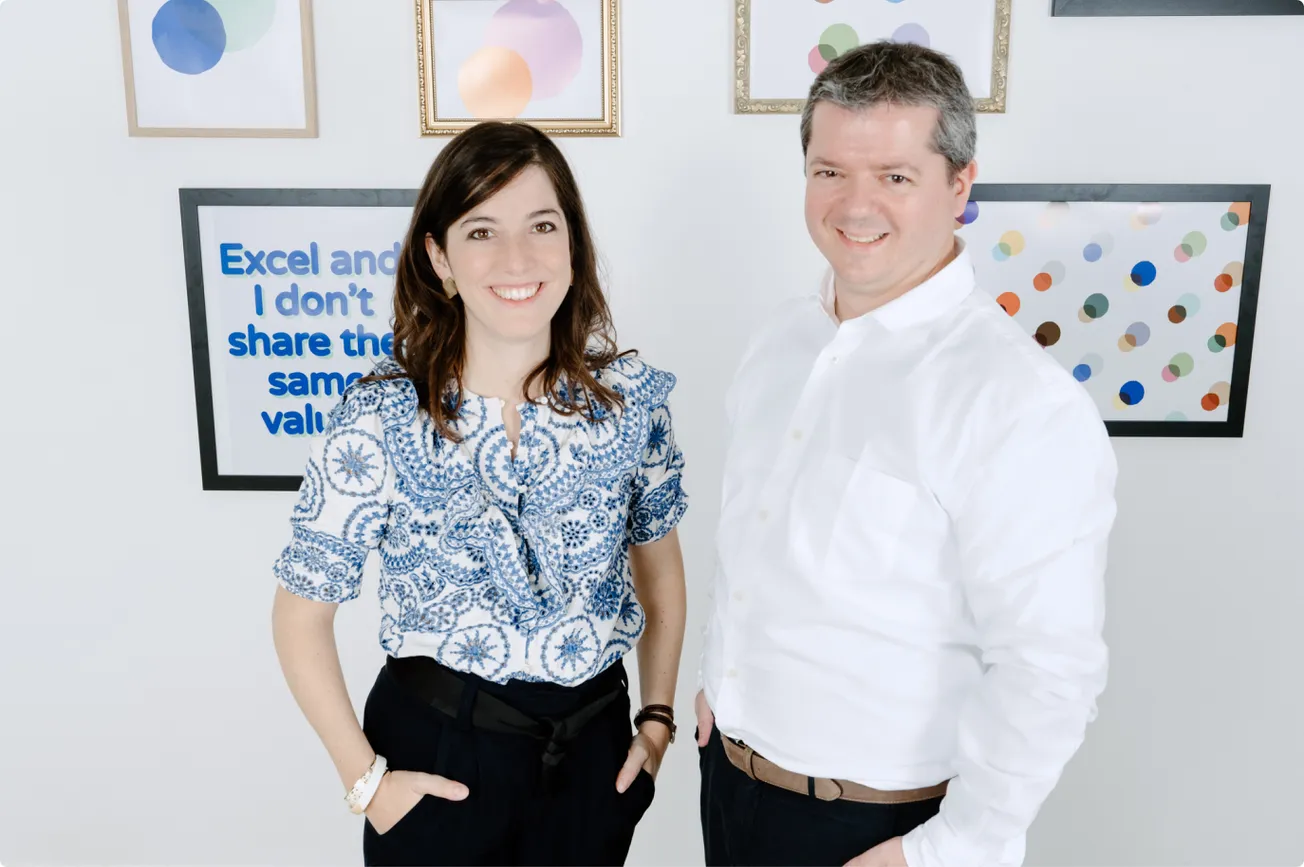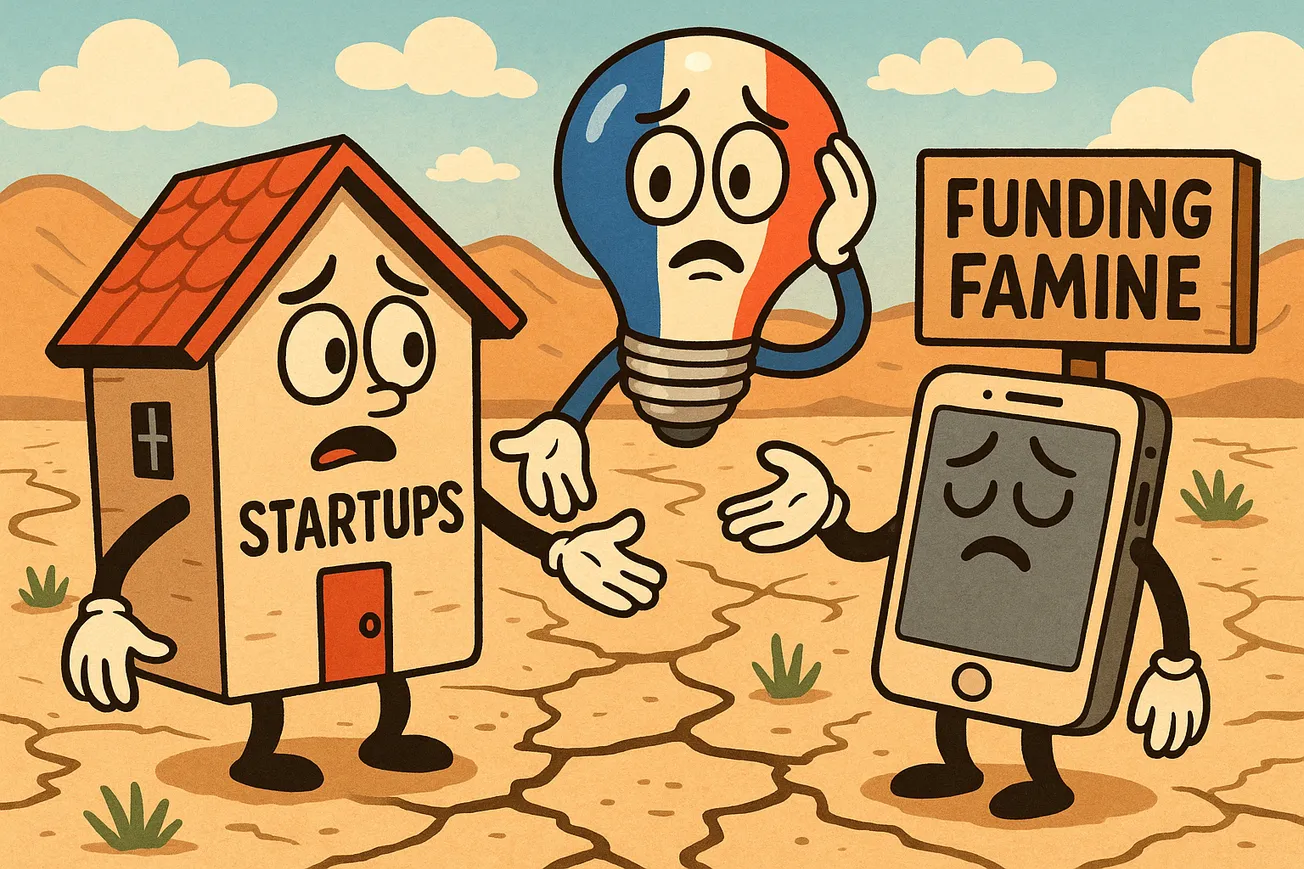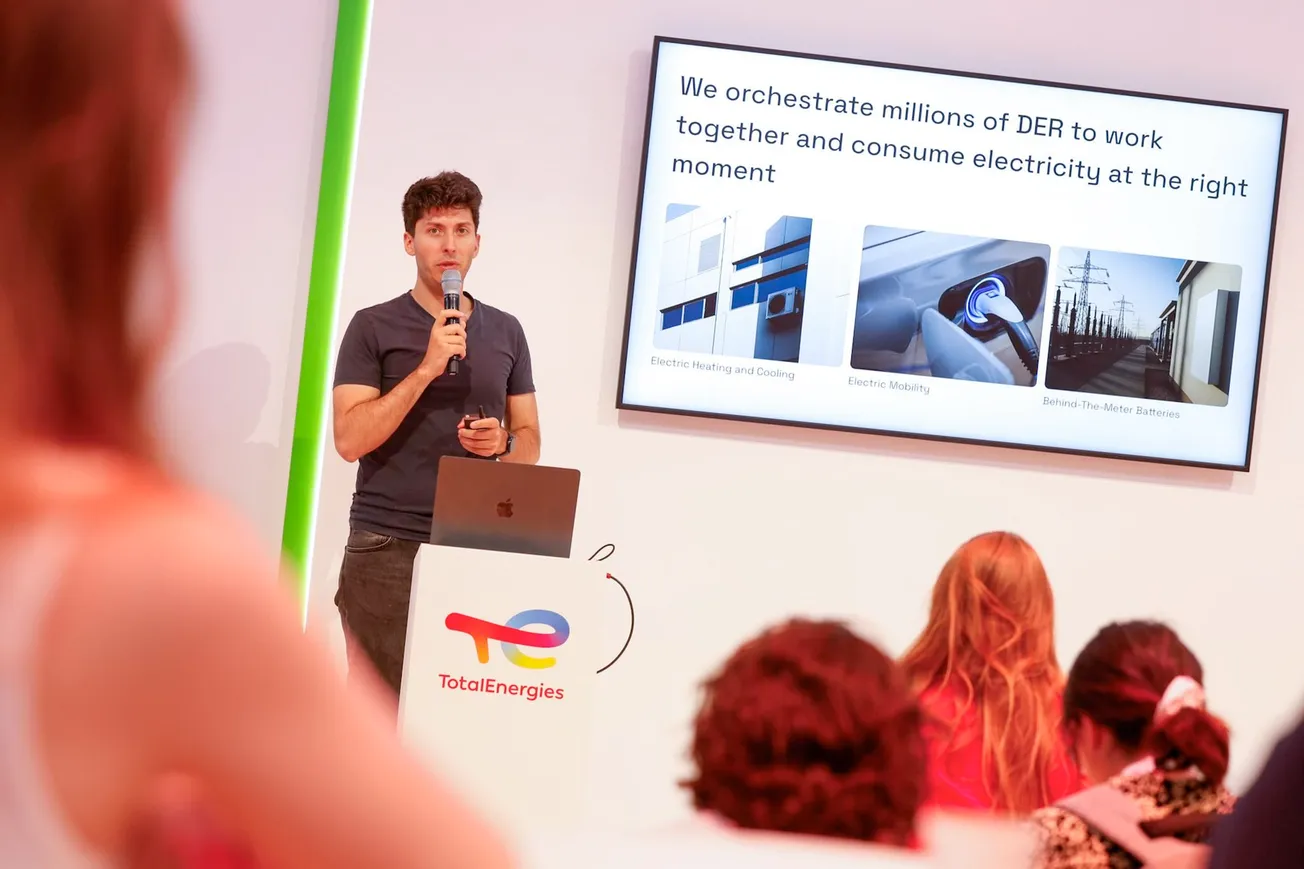Famed venture capital firm Accel is celebrating its 40th anniversary this year, a history that includes opening its London office 23 years ago. That early arrival has made the firm one of the most influential investors in European startups.
It's also has given Accel a view from the frontlines as Europe's ecoystem has developed, particularly in the UK, Germany, and France. Accel's French investments include Algolia, BlaBlaCar, Doctolib, Lydia, Payfit, Shift, and Sorare.
To take the pulse of just how far Europe has come and where it's going, Accel – in partnership with Dealroom – published the Founder Factories Report.
The 17-page study analyzes the unicorns – which they have dubbed "founder factories" – that are generating the most entrepreneurs. Accel counts 36 VC-backed unicorns in France. Of those, 25 have produced entrepreneurs who created 142 new tech-enabled startups, with more than half already raising money.
I spoke with Accel Partner Harry Nelis to better understand some of the report's key takeaways as they relate to France.
Q: Why is the concept of a "founder factory" important to an ecosystem?
HN: These founder factories are the things that give birth to new companies. It's kind of a reproductive organ in a way. Rather than having founders and new people just come out of university, it's important that they also come out of prior entrepreneurial experiences so there is the right kind of mix of new talent coming out of universities, and experienced talent coming out of these founder factories.
When we started Accel in London back in 2000 there were very few startups and very few repeat entrepreneurs, which means that every entrepreneur had to learn things from scratch.
And there were definitely no experienced management teams. Most management teams came out of large companies. And life in a large company is very different from life in a small company. Everybody had to learn and do things for the first time. That's not a recipe for doing things quickly and right most of the time.
We had to wait until 2005 for the first unicorn to show up, and that was Skype. Then we had to wait another five years for the next two to show up in 2010. Now there are about 353 VC-backed unicorns in Europe, which really are providers of A) repeat entrepreneurs and B) repeat management teams. Combine that with great talent coming out of universities and you have the recipe for an interesting startup mix.
Q: France is ahead of most European countries, but behind the UK and Germany in the overall number of unicorns. Is that due to its relative maturity, or is there some other factor at work?

